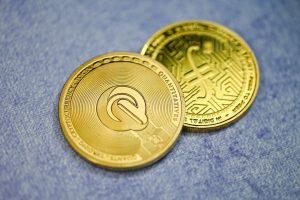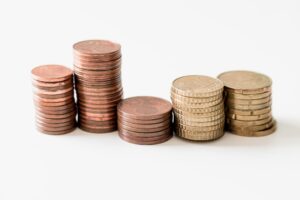The Importance of Timing: Best Forex Trading Hours for Different Time Zones
Timing is a crucial aspect of forex trading. The foreign exchange market operates 24 hours a day, five days a week, allowing traders to engage in trading activities whenever they find it convenient. However, not all trading hours are created equal. Certain time periods offer more liquidity, volatility, and trading opportunities than others. Understanding the best forex trading hours for different time zones can significantly improve a trader’s chances of success.
The forex market is divided into three major trading sessions: the Asian, European, and North American sessions. Each session has its own unique characteristics, influenced by the financial centers operating during those hours. Let’s explore each session in detail to understand the best trading hours for various time zones.
1. Asian Session:
The Asian session starts with the opening of Tokyo’s financial markets. This session is known for its relatively low volatility and liquidity compared to the other sessions. However, it should not be underestimated, as it sets the tone for the trading day. The major currency pairs involving the Japanese yen, such as USD/JPY and EUR/JPY, are particularly active during this session.
For traders in Asia, the Asian session is the most convenient time to engage in forex trading. The major financial centers in the region, such as Tokyo, Hong Kong, and Singapore, are active during this session. Traders in other time zones, such as Europe and North America, may also find opportunities during the Asian session, especially if they are interested in trading yen pairs.
2. European Session:
The European session is considered the most active trading session. It begins with the opening of financial centers in London, the largest forex trading hub in the world. London’s trading activity sets the tone for the session, and high volatility can be expected during this time. The major currency pairs involving the euro, such as EUR/USD and EUR/GBP, are particularly liquid during the European session.
Traders in Europe have the advantage of operating during their local trading hours, making it the most convenient time for them. However, traders in other time zones can also find opportunities in the European session. The overlap between the European and Asian sessions, known as the “London-New York overlap,” is especially important, as it combines the liquidity of both sessions, resulting in increased trading opportunities.
3. North American Session:
The North American session starts with the opening of financial centers in New York. It is the second most active trading session after the European session. The major currency pairs involving the US dollar, such as USD/JPY and GBP/USD, are particularly liquid during this session. Volatility can be high, especially during economic data releases and news events from the United States.
Traders in North America have the advantage of operating during their local trading hours, making it the most convenient time for them. Traders in other time zones, such as Europe and Asia, can also find opportunities during the North American session, especially during the London-New York overlap.
Apart from the three major trading sessions, there are also other significant trading sessions that overlap with the main sessions. For example, the Sydney-Tokyo overlap occurs when the Asian session is ending, and the European session is starting. This overlap can provide increased trading opportunities for traders interested in trading the Australian dollar and the yen pairs.
In conclusion, understanding the best forex trading hours for different time zones is essential for successful trading. Each trading session has its own unique characteristics, and traders should align their trading activities with the most active and volatile periods. Traders in different time zones can find opportunities in multiple sessions, especially during the overlaps between sessions. By considering the timing factor, traders can improve their chances of making profitable trades in the forex market.






